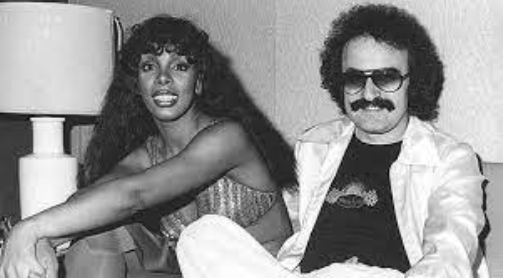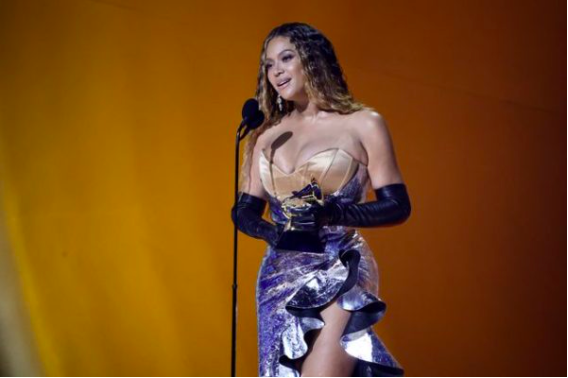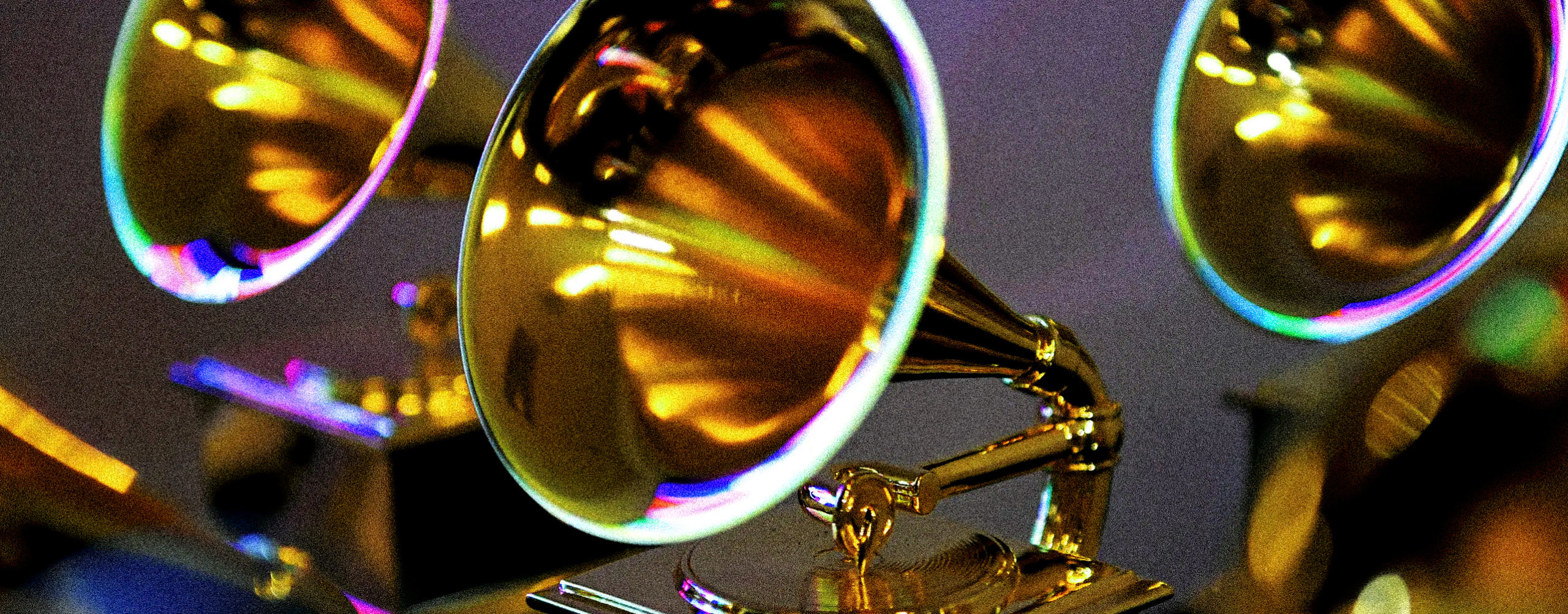As every year, last Monday, February 6, a new version of the Grammy Awards was held at the Crypto Arena in Los Angeles, United States. It has been 65 years since this ceremony, which honors the most outstanding artists in the music industry, began to be held.
Like the Oscars, the Grammys are run by an organization called the National Academy of Recording Arts and Sciences (NARAS). While record labels and individuals can nominate their favorite artists, the final decision on the winners is made by NARAS. Some of the artists who have record nominations and awards are Georg Solti, Quincy Jones, Beyonce, The Beatles, U2, among others.
The Grammys have an important prestige in the music world, but they have also received a lot of criticism for their commercial bias. For example, in 1991, Sinead O’Connor was the first artist to reject a Grammy, expressing the extreme commercialism of the award. Racism and exclusion have also been pointed out, due to the low representation of people of African descent or from countries outside the United States and Europe.
The award is made by categories, which have been added throughout history. There are currently 90, the most important of which are: album of the year, recording of the year, song of the year and new artist. There are 29 musical genres considered, of which there are only two that can be directly related to electronic music: best dance/electronic recording and best dance/electronic album. There is also the category best remixed recording, non-classical, which is a space for DJ’s and producers to have the option to win an award.
There are 29 musical genres considered, of which there are only two that can be directly related to electronic music: best dance/electronic recording and best dance/electronic album.
Twenty-nine musical genres are considered, of which only two can be directly related to electronic music: best dance/electronic recording and best dance/electronic album.
The award for best dance recording was first presented in 1998 to Donna Summer and Giorgio Moroder for the song “Carry On”, although in 2003 the Academy moved the award to the pop category. Most of the nominations throughout history in this category have been for pop artists. Some of the winners have been Madonna, Cher, Britney Spears, Rihanna, Justin Timberlake, to name a few. In 2006 the winners of the award were The Chemical Brothers along with Q Tip, being the first time that artists more directly linked to the electronic genre were awarded. In addition, the country that has won the most awards in this category has been the United States, the rest are mainly from Europe and others like Australia or Canada.
 Donna Summer and Giorgio Moroder
Donna Summer and Giorgio Moroder
On the other hand, the award for best dance/electronic album has only been awarded since 2005 and winners such as Daft Punk, Skrillex, The Chemical Brother, Justice, Flume, Kraftwerk, etc. stand out, although there are also many names from the pop scene. The 2021 Haitian-Canadian DJ and producer KAYTRANADA won in the categories best dance/electronic recording and album, being the first time that someone linked to Latin America receives recognition in these categories.
U.S. DJ Gryffin recently said that it is necessary to integrate the best dance/electronic producer category since, by the nature of the genre, most artists are producers, who are not considered to be the ones who sign the song.
In recent years, some artists who have a career more closely linked to electronic music have been added to the nominations. This year the candidates for best dance/electronic recording were Beyonce, Bonobo, Diplo, David Guetta & Bebe Rexha, KAYTRANADA Featuring H.E.R. and RÜFÜS DU SOL and for best album almost all the names were repeated and Odesza was added. In both categories the winner was Beyonce, who released her first album with a strong house touch called “Renaissance”. The artist also became the most awarded artist in Grammy history, although she did not win any of the four strong categories. However, Beyonce obviously does not have a background in electronica.
 Beyonce at the 2023 Grammys.
Beyonce at the 2023 Grammys.
As South Plug, we support the motion to open categories that reward electronic music producers to give visibility to the artists behind the tracks and songs that are shaping this genre over the years. While we applaud artists from other genres who venture into electronic music and deserve to be rewarded for their achievements, there are many small – and sometimes not so small – artists who, when put on par with great titans of the industry, are not as well known and therefore may be overlooked. And this is precisely what we want to highlight, that through media events and with impact as the Grammys can be awarded to more diverse artists from different backgrounds and styles, it would be a tremendous advance for the industry.
Here you can find a list with all the dance/electronic nominations for 2023.

